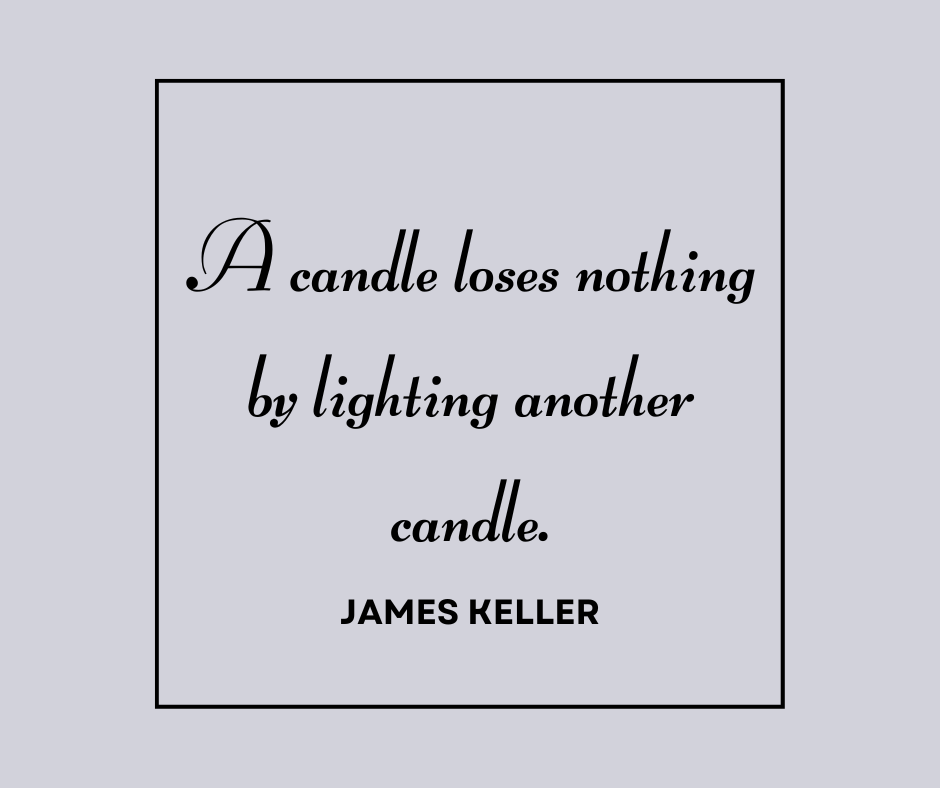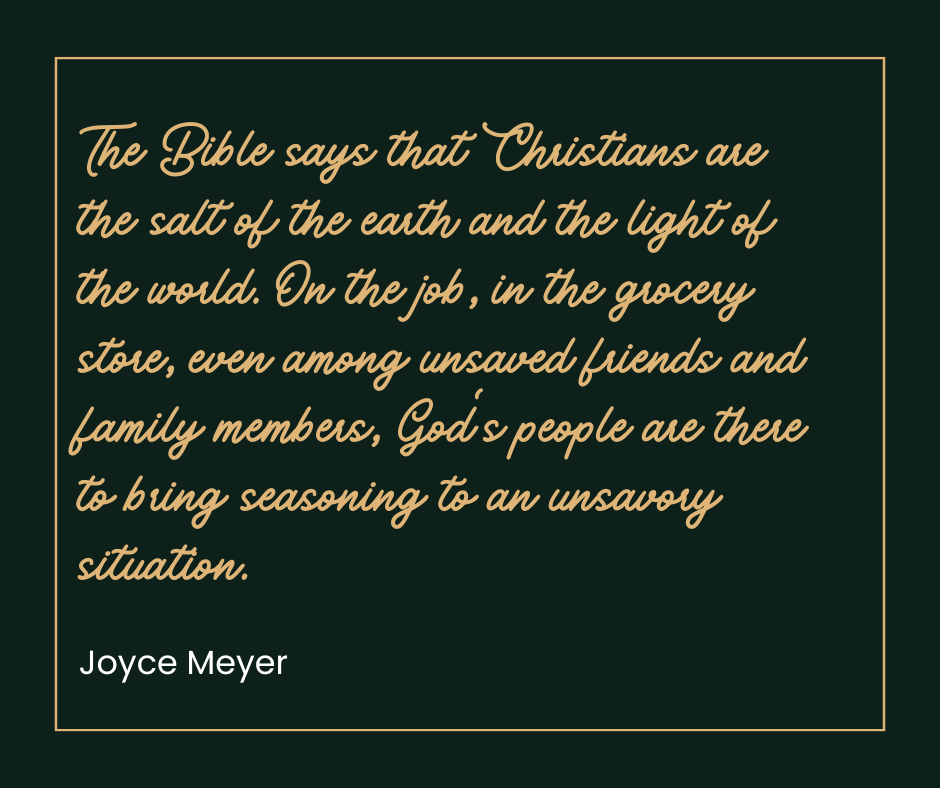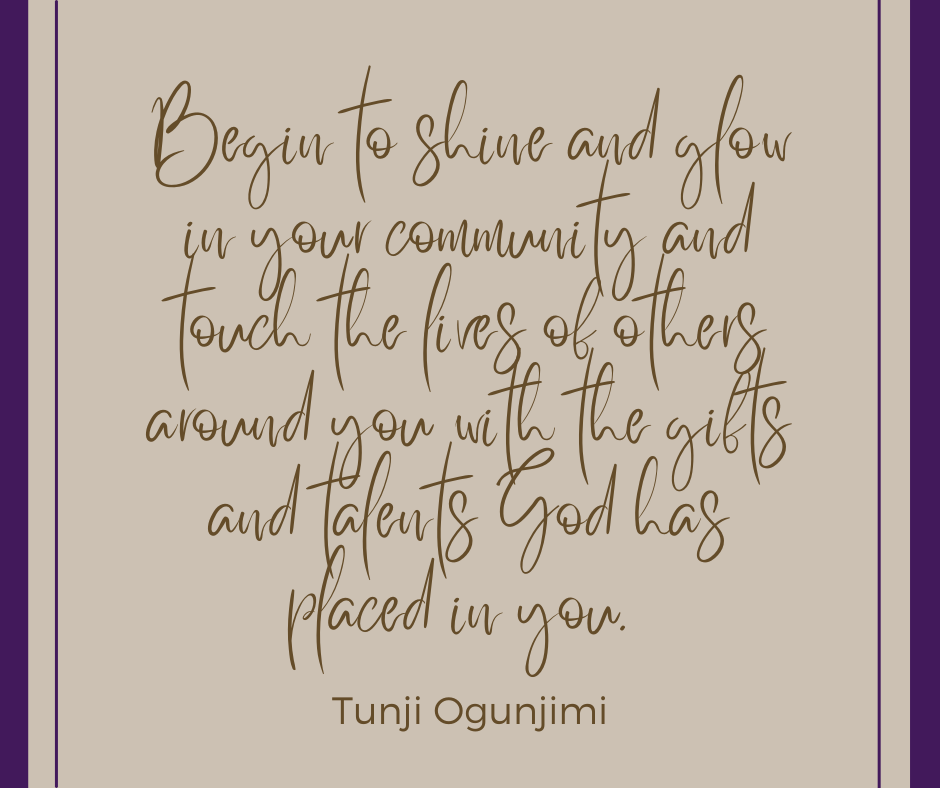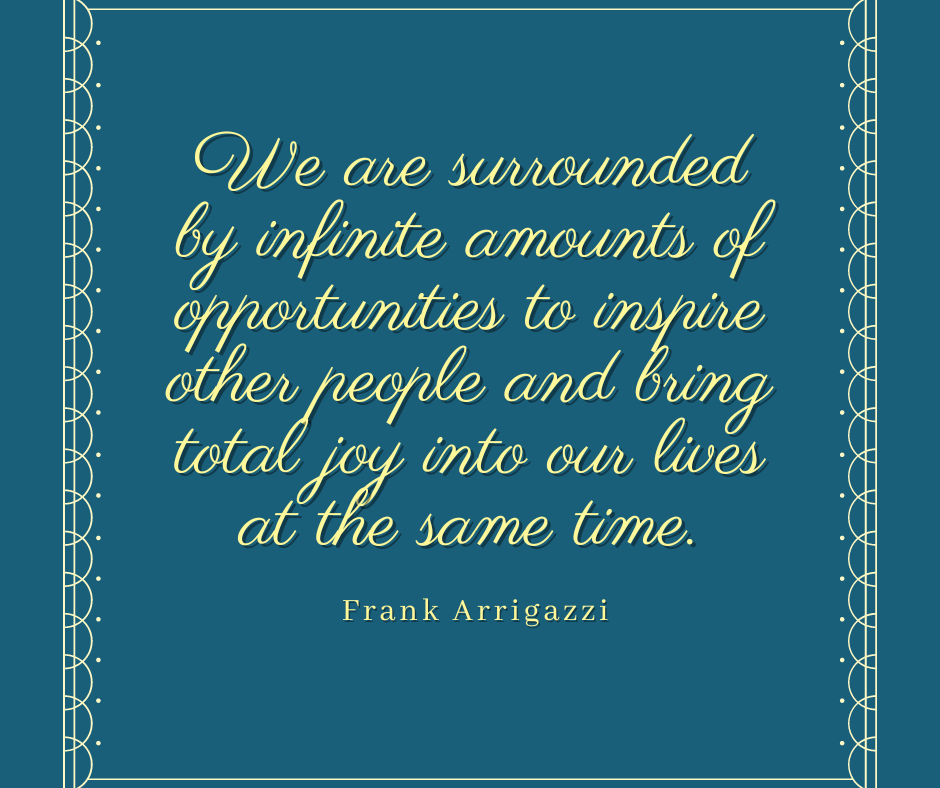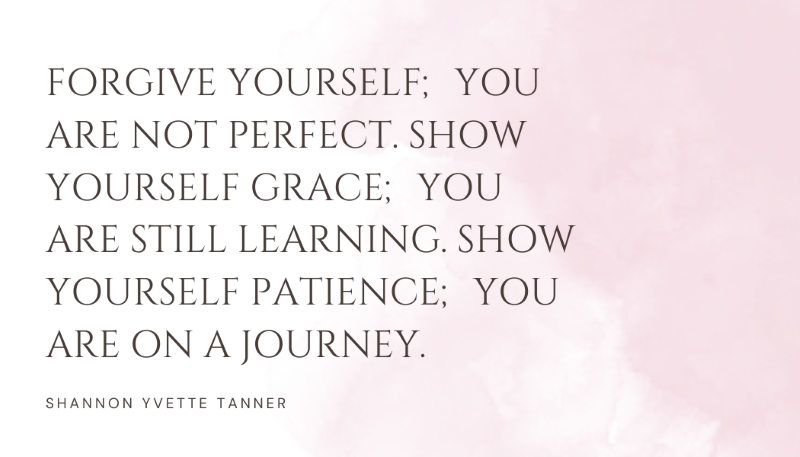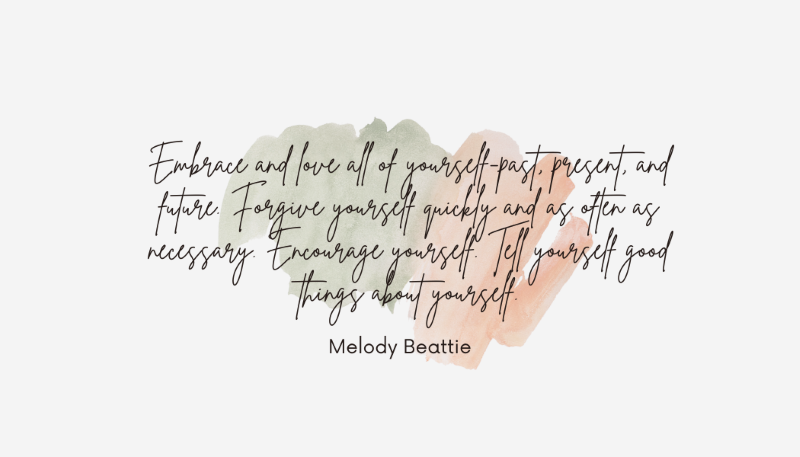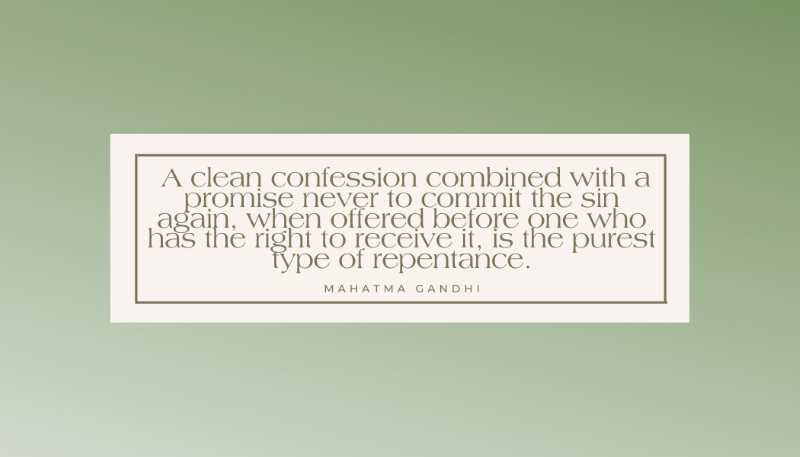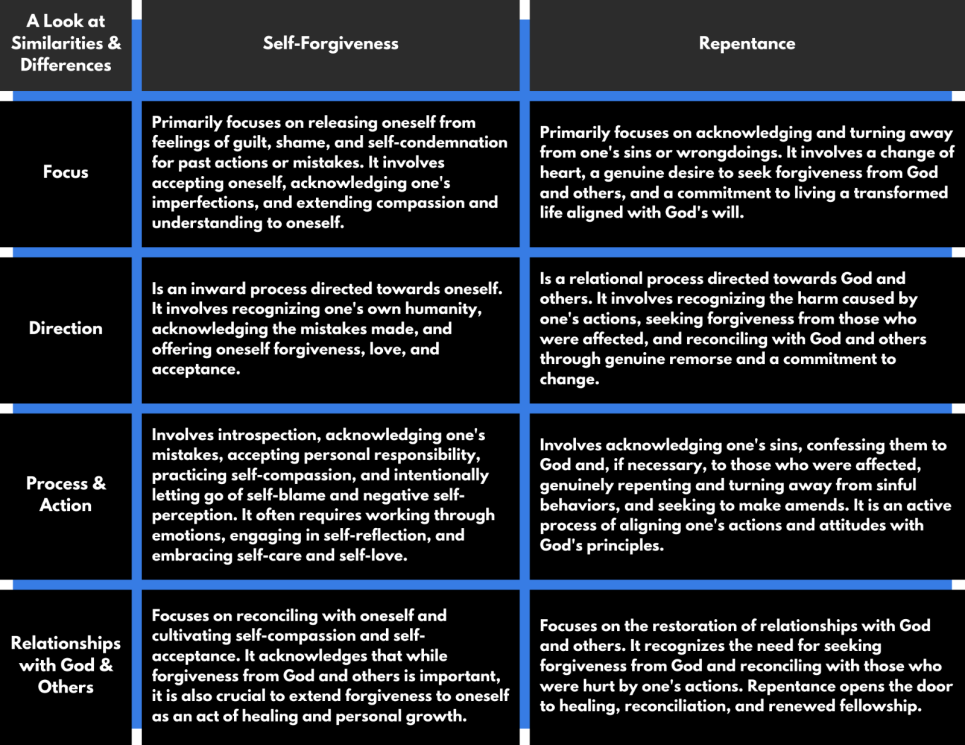The Art of Discernment
In a rapidly changing world filled with diverse opinions and conflicting principles, discernment becomes an indispensable compass for Christians seeking to live a life that fits God's will. We will explore the significance of discernment as a guiding principle, empowering believers to make wise decisions, distinguish truth from deception, and deepen their spiritual walk with God.

Traits and Features of Discernment
Rooted in wisdom, humility, and prayerfulness, discernment draws from a deep knowledge of God's Word, a spirit-filled life, and a disciplined mind to thoughtfully maneuver through trials and adversity with keen perception in accordance with God’s volition. Insight into the various traits and features that consolidate discernment can expand the development and efficiency of which you use it.
Wisdom: Wisdom is the foundational trait of discernment. It involves the ability to apply knowledge and understanding to real-life situations and make righteous decisions. Proverbs 3:21-24: My son, do not let wisdom and understanding out of your sight, preserve sound judgment and discretion; they will be life for you, an ornament to grace your neck. Then you will go on your way in safety, and your foot will not stumble. When you lie down, you will not be afraid; when you lie down, your sleep will be sweet.
Prioritizing God's Favor over Man’s: Rather than succumbing to societal pressures or seeking validation from others, discernment involves aligning one's choices with God's will, acknowledging His authority, and seeking to please Him above all else, even if it means going against popular opinions or expectations. 1 Corinthians 10:27-28: If an unbeliever invites you to a meal and you want to go, eat whatever is put before you without raising questions of conscience. But if someone says to you, “This has been offered in sacrifice,” then do not eat it, both for the sake of the one who told you and for the sake of conscience.
Unconditional Love: Discernment is not about harsh judgment but about understanding and love. Romans 14:1-3: Accept the one whose faith is weak, without quarreling over disputable matters. One person’s faith allows them to eat anything, but another, whose faith is weak, eats only vegetables. The one who eats everything must not treat with contempt the one who does not, and the one who does not eat everything must not judge the one who does, for God has accepted them.
The Fruit of the Spirit: Discernment involves evaluating whether the traits that make up the Fruit of the Spirit are evident in a person's life. Galatians 5:22-23: But the fruit of the Spirit is love, joy, peace, forbearance, kindness, goodness, faithfulness, gentleness and self-control. Against such things there is no law.
Keeping the Right Company: Surrounding yourself with others who continually live out God's will encourages understanding and application of discernment in real-life situations by guarding against individual biases or blind spots, enabling a more well-rounded and spiritually-grounded discernment practice. Proverbs 27:17: As iron sharpens iron, so one person sharpens another.
A Disciplined Mind: Discernment requires a disciplined mind that can think critically and evaluate situations with conscientious wisdom. Romans 12:2: Do not conform to the pattern of this world, but be transformed by the renewing of your mind. Then you will be able to test and approve what God’s will is—his good, pleasing and perfect will.
Prayerfulness: Maintain discernment by seeking God in prayer and ask Him for his guidance. Psalm 119:125: I am your servant; give me discernment that I may understand your statutes.
Practice: Discernment is not a one-time event but a skill that requires continuous practice. Just like any skill, discernment improves over time as you consistently exercise it. Hebrews 5:14: But solid food is for the mature, who by constant use have trained themselves to distinguish good from evil.
Humility: A discerning person recognizes their need for God’s guidance and does not rely solely on their own understanding. Proverbs 28:11: The rich are wise in their own eyes; one who is poor and discerning sees how deluded they are.
Alertness: Discernment requires spiritual alertness to recognize potential deception or false teachings. 2 Corinthians 11:12-14: And I will keep on doing what I am doing in order to cut the ground from under those who want an opportunity to be considered equal with us in the things they boast about. For such people are false apostles, deceitful workers, masquerading as apostles of Christ. And no wonder, for Satan himself masquerades as an angel of light. It is not surprising, then, if his servants also masquerade as servants of righteousness. Their end will be what their actions deserve.
Knowledge of God's Word: Discernment involves a deep understanding of God's Word, the Bible. Proverbs 8:8-9: All the words of my mouth are just; none of them is crooked or perverse. To the discerning all of them are right; they are upright to those who have found knowledge.
Accountability: Discerning individuals are more likely to hold themselves accountable for their actions. Proverbs 15:31: Whoever heeds life-giving correction will be at home among the wise.
Self-control: Those who utilize discernment are able to resist impulsive reflexes that cause contention. Proverbs 15:28: The heart of the righteous weighs its answers, but the mouth of the wicked gushes evil.
Discernment is Not Judgment
In John 7:24, Jesus instructs: “Stop judging by mere appearances, but instead judge correctly.” Similarly, in 1 Corinthians 2:15, Paul states: “The person with the Spirit makes judgments about all things.” But in Matthew 7:1-2, we read: “Do not judge, or you too will be judged. For in the same way you judge others, you will be judged, and with the measure you use, it will be measured to you.”
A bit confusing, huh? The confusion comes from the fact that discernment and judgment are closely related, with a very fine line separating them.
James 3:13-17 sheds some light on the distinction: “Who is wise and understanding among you? Let them show it by their good life, by deeds done in the humility that comes from wisdom. But if you harbor bitter envy and selfish ambition in your hearts, do not boast about it or deny the truth. Such “wisdom” does not come down from heaven but is earthly, unspiritual, demonic. For where you have envy and selfish ambition, there you find disorder and every evil practice. But the wisdom that comes from heaven is first of all pure; then peace-loving, considerate, submissive, full of mercy and good fruit, impartial and sincere.”
As you can see, the key difference between judgment and discernment lies in the motives and approach. The chart below provides insight through comparison:
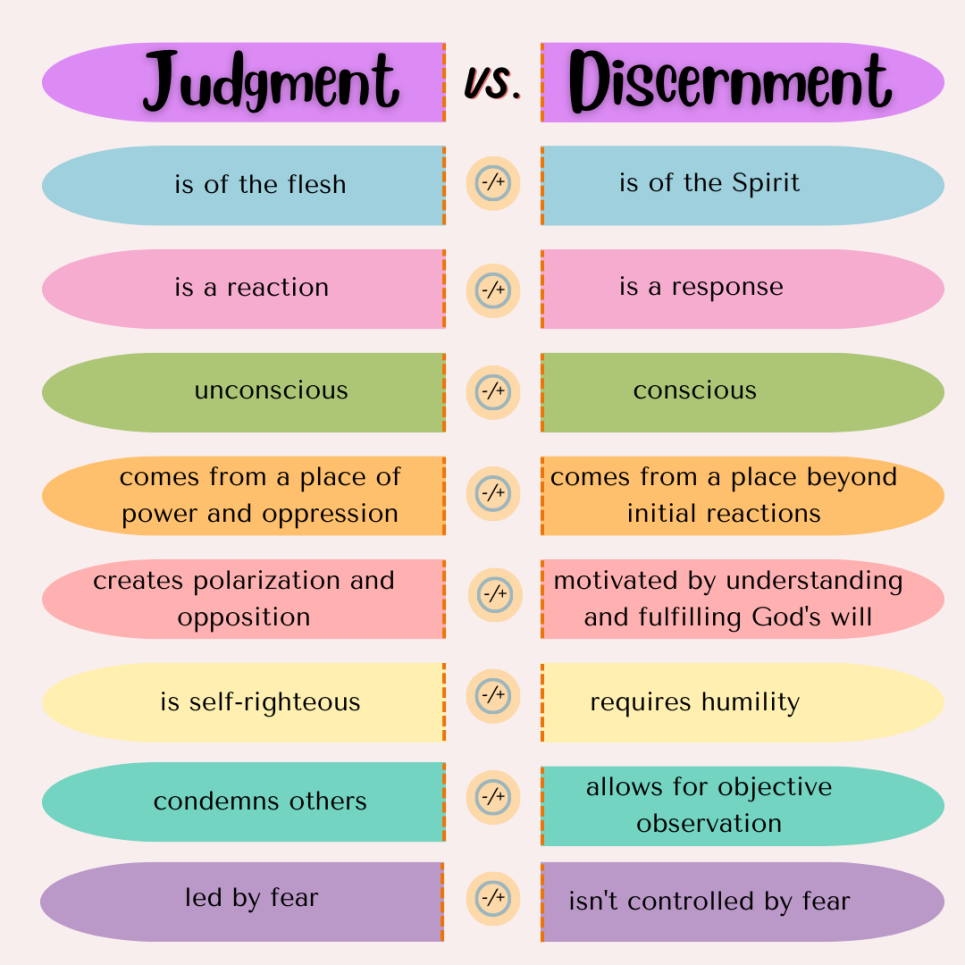
In Short
Discernment is essential for knowing and aligning with God's will for your life. It calls for a balanced approach to evaluate situations and others. As you practice discernment, you learn to discern between your own desires, worldly influences, and God's purposes. Regular application of discernment allows you to recognize the subtle movements of the spirit by becoming attuned to the divine promptings. It’s like fine-tuning your spiritual ears to hear God’s voice amidst the noise of the world. It will prevent you from making hasty decisions by enabling you to identify misleading and deceptive influences in your life. It requires humility, seeking God's help, and being open to correction. Ultimately, discernment contributes to a life marked by an unwavering commitment to God’s truth. We encourage you to practice discernment so you are able to use this decisive tool to navigate life's complications and grow in spiritual maturity.
- Torrance Church of Christ



